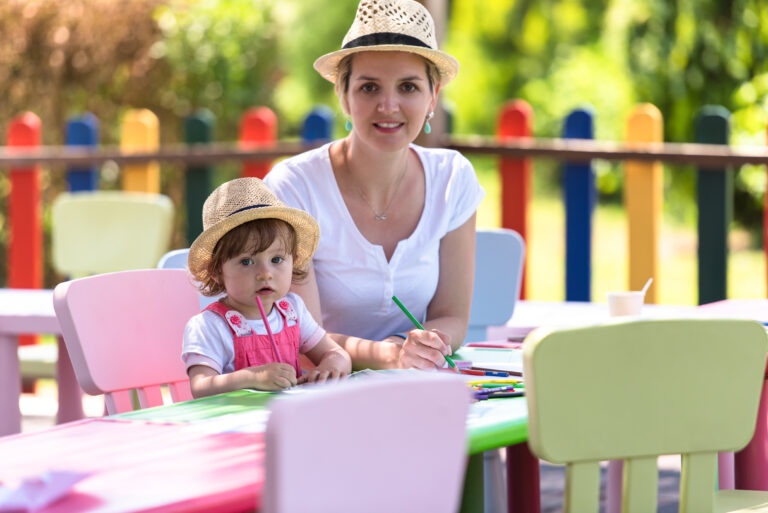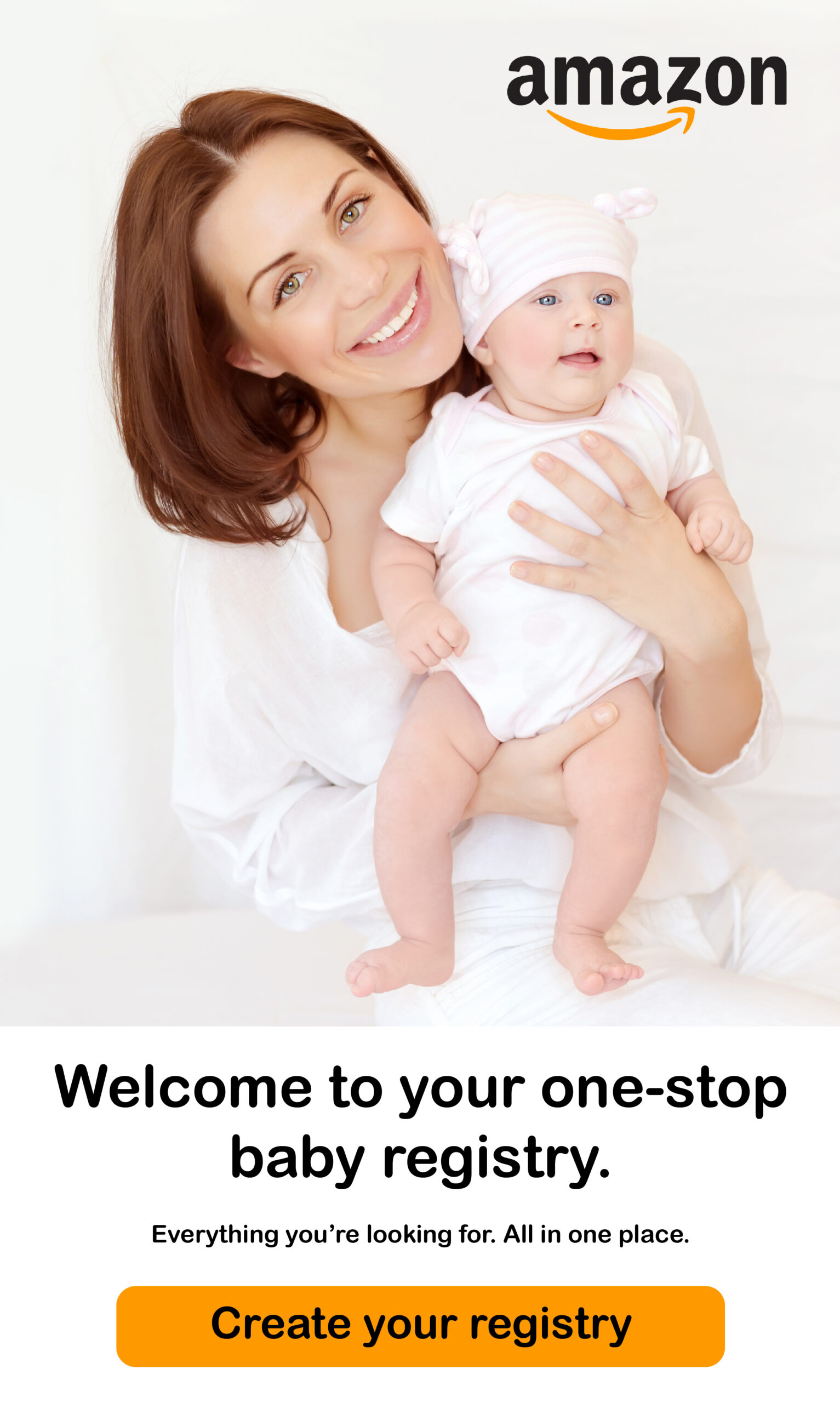Through my years of experience in early childhood education, I’ve seen firsthand the difference that effective communication between parents and teachers can make in a child’s learning and development.
As educators, we strive to foster an open, supportive, and collaborative relationship with parents.
Here’s a guide to navigating this vital partnership, ensuring your child reaps the maximum benefit from their early learning experiences.
The Importance of Open Communication
Open communication lays the groundwork for a successful partnership between parents and teachers.
Building Trust and Understanding
From my journey, I’ve learned that trust and understanding are the pillars of effective communication.
When parents and teachers share insights and concerns openly, it paves the way for mutual understanding and cooperation.
Supporting Your Child’s Development
I’ve found that when parents and teachers communicate effectively, we can better support the child’s developmental needs, ensuring a consistent approach to learning and growth both at home and in the childcare centre.
Initiatives for Enhancing Communication
Several strategies have proven effective in bridging the gap between parents and teachers.
Regular Updates and Meetings
I’ve made it a point to provide regular updates on each child’s progress and any concerns.
Scheduled meetings, whether face-to-face or virtual, have been my secret weapon in ensuring parents are informed and involved in their child’s education.
Utilizing Digital Tools
In my work, leveraging digital tools like email newsletters, apps, and platforms has significantly improved communication.
These tools offer a convenient way to share information, celebrate achievements, and address concerns promptly.
Creating Opportunities for Involvement
I’ve seen the value in creating opportunities for parents to be involved in the learning process.
From volunteering for events to participating in parent-teacher conferences, these interactions foster a deeper understanding and appreciation of the educational journey.
Navigating Challenges in Communication
Even with the best intentions, communication between parents and teachers can face challenges.
Addressing Concerns with Sensitivity
From what I’ve experienced, addressing parents’ concerns with sensitivity and openness is crucial.
I ensure to listen actively, validate their feelings, and work together to find solutions, reinforcing the partnership’s collaborative nature.
Being Proactive About Potential Issues
I’ve tried to be proactive in identifying and communicating potential issues before they escalate.
By keeping parents informed about their child’s struggles and achievements alike, we can collaboratively address challenges and celebrate successes.
Tips for Parents
Parents play an essential role in this communication dynamic. Here are some tips to foster effective communication with your child’s teacher.
Be Open and Honest
In my years of working with children, I’ve appreciated parents who approach communication with openness and honesty.
Sharing your child’s needs, experiences, and family dynamics can provide valuable context that enhances our ability to support your child.
Respect Boundaries and Professional Expertise
I’ve gathered that respecting the boundaries and professional expertise of educators can significantly enhance communication.
While it’s important to express concerns and ask questions, acknowledging the educator’s experience and perspective fosters a respectful and productive dialogue.
Focus on Collaboration
I’ve found that approaching communication with a collaborative mindset is beneficial.
Viewing the teacher as a partner in your child’s development can transform challenges into opportunities for growth and learning.
Final Thoughts
In my journey in childcare, fostering effective communication between parents and teachers has been central to creating a nurturing, supportive, and productive learning environment.
When parents and educators work together, sharing insights, concerns, and celebrations, we create a community that truly supports each child’s growth and development.
Remember, the goal is always to ensure the best possible outcomes for our children, and effective communication is a critical tool in achieving that aim.












